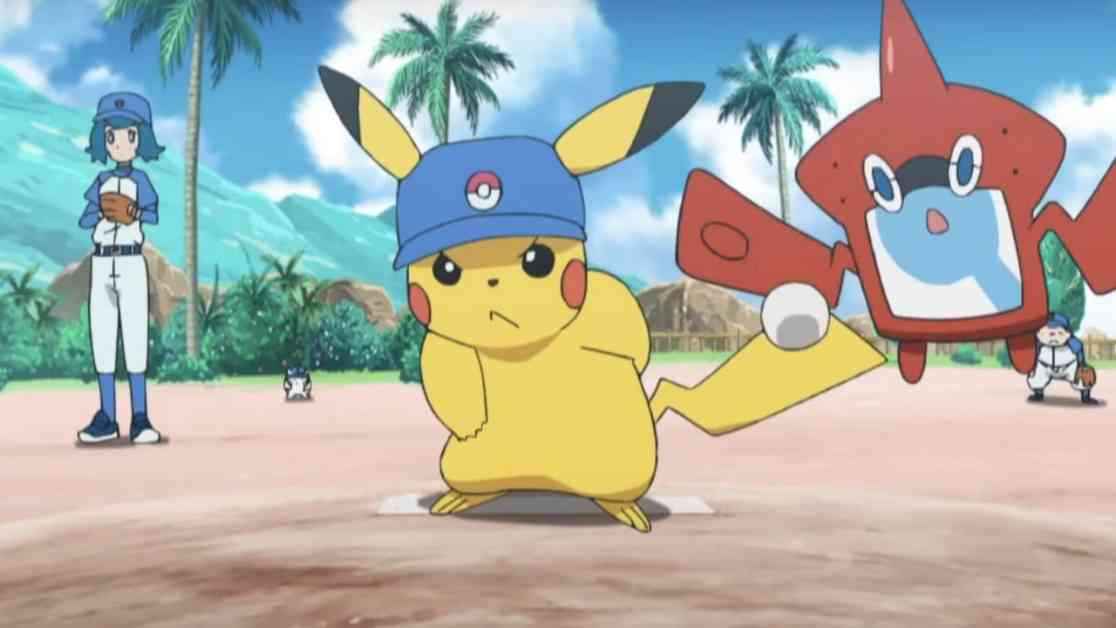Gail Tilden, the former marketing head at Nintendo of America, recently shared some fascinating insights about the early days of bringing Pokémon to the Western market. In a conversation with Frank Cifaldi at the Long Island Retro Gaming Expo, Tilden shed light on the intriguing journey of how Pokémon almost underwent a drastic transformation before its iconic debut in North America and Europe.
Before Tilden took the reins, there were discussions within the team about reimagining Pokémon in a way that would resonate more with Western audiences. The idea was to give the game a ‘gritty’ makeover, complete with graffiti and a baseball league theme. This attempt to toughen up the game for kids outside of Japan was not uncommon at the time, reflecting a common practice in localizing Japanese games for international markets.
However, as Tilden delves deeper into the story, she reveals a pivotal moment that changed the course of Pokémon’s localization. While the team was brainstorming ways to make Pokémon more relatable to Western players, the franchise was gaining immense popularity in Japan across various media platforms. From TV shows to comic books, movies, games, and toys, Pokémon was quickly becoming a cultural phenomenon in its home country.
Amidst these discussions and the rising success of Pokémon in Japan, a decision was made by Mr. Arakawa that shaped the future of the franchise. Instead of pursuing drastic changes to the game’s core concept, the decision was made to embrace the original Japanese formula and retain creative control over the entire Pokémon universe. This move marked a significant shift in strategy, with all rights consolidated in Japan and handed over to Nintendo of America for localization.
The decision to stay true to the essence of Pokémon as envisioned in Japan proved to be a turning point in the franchise’s history. By maintaining fidelity to the original concept and design, Nintendo of America was able to preserve the magic of Pokémon that had captured the hearts of millions of fans worldwide. This pivotal moment not only ensured the success of Pokémon in the Western market but also solidified its status as a global phenomenon that transcended cultural boundaries.
Reflecting on this near-miss scenario, where Pokémon almost underwent a radical transformation into a baseball-themed RPG, serves as a reminder of the delicate balance between localization and preserving the soul of a beloved franchise. The story of Pokémon’s journey from Japan to the world is a testament to the power of staying true to one’s roots while embracing the diversity of global audiences.
As we celebrate the enduring legacy of Pokémon and the countless memories it has created for fans of all ages, it’s fascinating to imagine what could have been if the franchise had taken a different path. The story of Pokémon’s almost-transformation into a gritty baseball RPG serves as a reminder of the intricate decisions and creative choices that shape the destiny of beloved franchises in the ever-evolving landscape of gaming and entertainment.




















